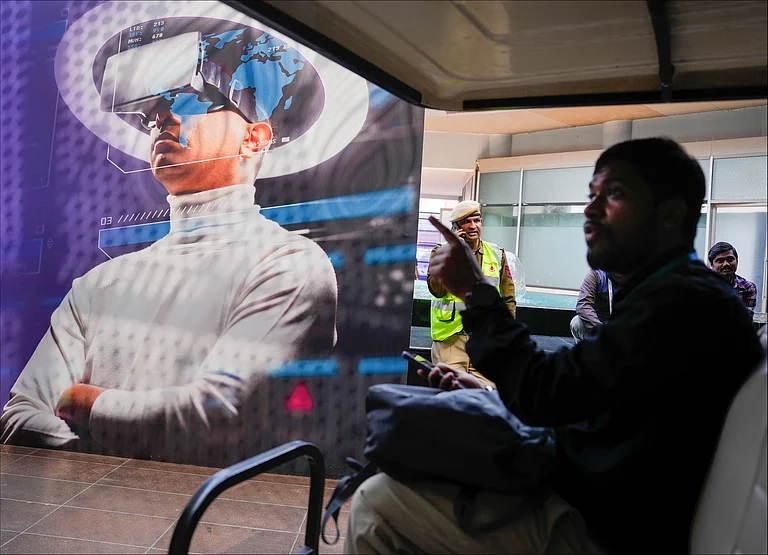
Ministry of Education introduces AI and Computational Thinking curriculum from Class 3 starting the 2026-27 academic year.
CBSE constitutes an expert committee led by an IIT Madras professor to develop a comprehensive AI curriculum aligned with NEP 2020
Teacher training through the NISHTHA program and resource materials will be ready by December 2025 for implementation.
AI curriculum emphasizes ethical learning, public good, and foundational universal skills for a technology-driven future.
The Ministry of Education has announced that the AI curriculum in schools will be introduced from Class 3 onwards, beginning the 2026-27 academic year. This MoE announcement on AI curriculum represents a significant shift toward preparing students for a technology-driven future. The Ministry of Education AI policy initiative integrates Artificial Intelligence and Computational Thinking as foundational universal skills across all schools nationally. The Department of School Education and Literacy unveiled this framework during a stakeholder consultation on October 29, 2025, bringing together experts from CBSE, NCERT, Kendriya Vidyalaya Sangathan, and Navodaya Vidyalaya Samiti. This AI learning India initiative aligns with the National Education Policy 2020 and National Curriculum Framework for School Education 2023, marking India's commitment to developing an AI-literate generation equipped with critical thinking and ethical awareness.
Curriculum Design and Framework Development
The AI in schools initiative operates under a collaborative framework coordinated through the National Curriculum Framework for School Education. The Central Board of Secondary Education established an expert committee chaired by Professor Karthik Raman of IIT Madras to develop a comprehensive AI and Computational Thinking curriculum. The AI classes in schools will follow grade-specific structures, ensuring age-appropriate learning progression. Resource materials, handbooks, and digital content are scheduled for completion by December 2025, enabling a smooth rollout. Sanjay Kumar, Secretary of the Department of School Education and Literacy, emphasized that AI should be treated as a basic universal skill integrated with the theme "The World Around Us." A coordination committee between NCERT and CBSE will ensure proper structuring and seamless integration across diverse educational systems.
Teacher Training and Ethical Focus
Recognizing teachers as critical change agents, the India AI Mission framework prioritizes comprehensive teacher capacity building. Training will be conducted through NISHTHA (National Initiative for School Heads and Teachers Holistic Advancement) and other national-level programs supported by NCERT. Video-based learning resources and handbooks will facilitate implementation across schools. Beyond technical skills, the MoE AI curriculum announcement emphasizes "AI for Public Good," embedding ethical awareness and social responsibility within AI education. The curriculum cultivates critical thinking, creativity, and problem-solving capabilities essential for real-world challenges. Students will learn to apply AI responsibly while considering societal implications and ethical dimensions of technological advancement. This holistic approach ensures students become technologically empowered while developing social consciousness for using AI to benefit communities and society.



























